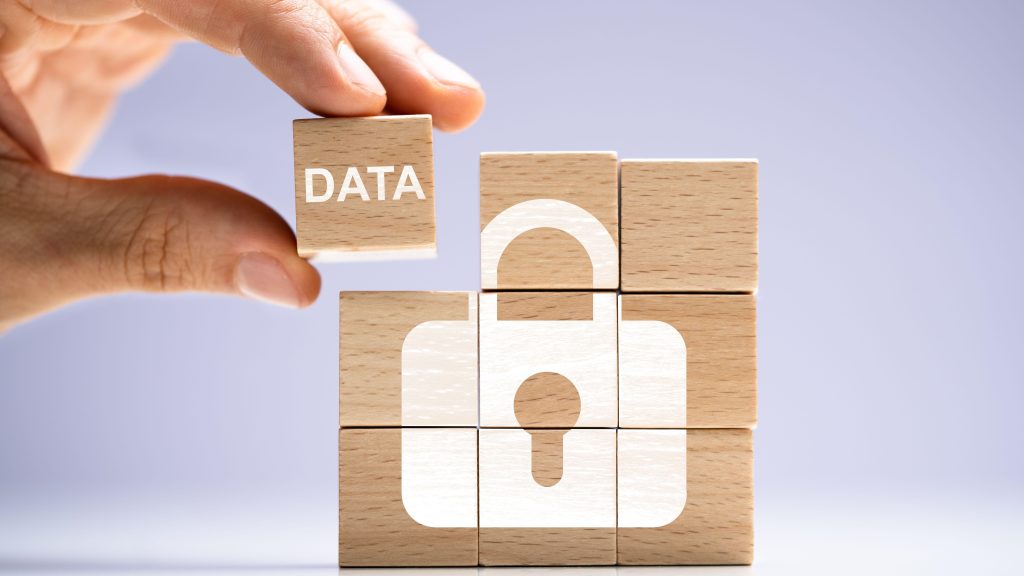In today’s digital age, the internet has become an integral part of our daily lives. With the convenience of being able to access information, connect with others, and shop online, it’s no wonder why the internet has become such an indispensable tool. However, with the wealth of information available online, there are also risks that come with it. From malicious websites to online scams, it’s important to practice safe browsing habits to protect yourself and your personal information. In this article, we will discuss some safe browsing habits that everyone should know.
1. Use Strong and Unique Passwords:
One of the most basic but often overlooked safe browsing habits is using strong and unique passwords. Passwords are the first line of defense against unauthorized access to your online accounts, so it’s important to make them as secure as possible. Avoid using easily guessable passwords like “123456” or “password” and instead create complex passwords that include a mix of letters, numbers, and special characters. Additionally, it’s important to use a unique password for each of your online accounts to prevent a data breach in one account from affecting all of your accounts.
2. Enable Two-Factor Authentication:
Two-factor authentication adds an extra layer of security to your online accounts by requiring a second form of verification, such as a code sent to your phone or email, in addition to your password. This can help protect your accounts even if your password is compromised. Many websites and services offer two-factor authentication as an option, so be sure to enable it whenever possible.
3. Keep Your Software and Apps Updated:
Software and app updates often contain security patches that fix vulnerabilities that hackers can exploit to gain access to your devices and personal information. Make sure to regularly check for updates and install them promptly to ensure that your devices are protected against the latest threats.
4. Be Cautious of Phishing Attempts:
Phishing is a type of cyber attack where malicious actors try to trick you into providing sensitive information such as login credentials, credit card numbers, or personal information. Phishing attempts can come in the form of emails, text messages, or pop-up ads, so it’s important to be vigilant and verify the legitimacy of any requests for information before responding. Be wary of emails or messages that ask you to click on a link or provide personal information, especially if they come from unfamiliar or suspicious sources.
5. Use a Virtual Private Network (VPN):
A Virtual Private Network (VPN) encrypts your internet connection and hides your IP address, making it more difficult for hackers to intercept your data or track your online activities. VPNs are especially useful when using public Wi-Fi networks, as they provide an extra layer of security to protect your data from potential eavesdroppers.
6. Be Mindful of the Websites You Visit:
Not all websites are safe, and some may contain malware or phishing scams that can compromise your security. Be cautious of clicking on links in emails or messages from unknown sources, and avoid visiting websites that look suspicious or have a lot of pop-up ads. It’s also a good idea to stick to reputable websites when shopping online or entering personal information.
7. Use Ad-Blockers and Anti-Tracking Tools:
Ad-blockers and anti-tracking tools can help prevent websites from tracking your online activities and displaying intrusive ads that may contain malware. These tools can help enhance your online privacy and security by blocking unwanted content and tracking scripts that could compromise your personal information.
8. Regularly Back Up Your Data:
In the event of a cyber attack or data breach, having a backup of your important files and data can help prevent permanent loss of information. Make sure to regularly back up your data to an external hard drive or cloud storage service so that you can easily restore it in case of an emergency.
9. Educate Yourself on Online Security:
Knowledge is power when it comes to protecting yourself online. Stay informed about the latest cyber threats and security best practices by reading articles, attending webinars, or following reputable cybersecurity blogs. By educating yourself on online security trends and techniques, you can better protect yourself from potential risks and make informed decisions about your online activities.
In conclusion, safe browsing habits are essential to protecting your personal information and staying safe online. By following the tips outlined in this article, you can reduce your risk of falling victim to cyber attacks and scams. Remember to stay vigilant, keep your software up to date, use secure passwords, and be cautious of suspicious websites and messages. With a proactive approach to online security, you can enjoy the benefits of the internet while keeping your personal information safe and secure.

